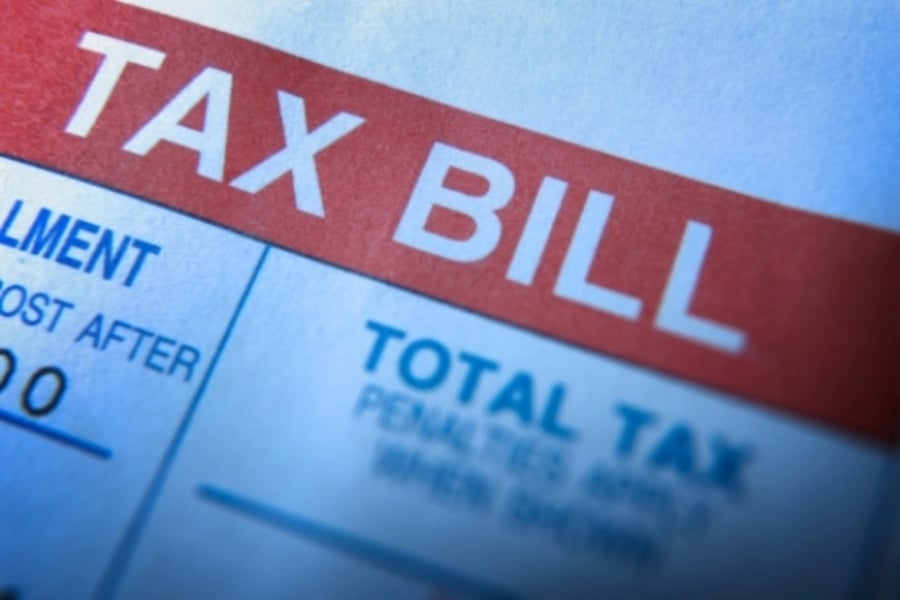

Editor's note: In the second paragraph, the percentage change the proposed tax rate represents has been corrected.
President Joe Biden may have called for a tax on billionaires in his State of the Union address last month, but the idea is unlikely to travel from his speech into law.
Biden pitched a minimum 20% tax on households with a net worth of more than $100 million. That’s 150% higher than the average they currently pay, according to published reports.
The challenge for Biden is that the audience he addressed at the Capitol on Feb. 7 consisted of a Republican House and a Democratic Senate. In each chamber, the parties hold a slim majority.
That political makeup doesn’t bode well for passing major tax legislation — and a bill that imposes a specific levy on billionaires would be substantial.
“I think it’s highly unlikely,” said Steve Wittenberg, director of legacy planning at SEI Private Wealth Management. “Some of what he’s doing is to get the conversation started.”
The chatter about a tax on billionaires began in the previous Congress. A Senate bill was introduced briefly during consideration of what became the Inflation Reduction Act. The Senate measure would have imposed a tax on the assets of the ultra-wealthy, a sharp departure from the current income-based tax code.
The bill was quickly pulled, even though Democrats controlled both the House and the Senate. In the new Congress, Biden not only would have to keep his own party on board with a tax on billionaires, he’d have to convince at least a handful of Republicans to come along.
Tim Steffen, director of advanced planning at Robert W. Baird & Co., sees little chance of that happening.
“It would take some major concessions on a whole bunch of other topics for Republicans to get behind that,” Steffen said.
The likely gridlock at the federal level has inspired Democratic lawmakers to introduce wealth taxes in several state legislatures where the party controls both houses as well as the governorship. But even in blue states, making the rich pay more is not easy.
For instance, a law that imposes the first capital gains tax in the state of Washington drew a lawsuit. Similar obstacles could arise in states that are considering wealth taxes.
“The more extreme the proposals are, if they pass, the more likely you are to see challenges to them,” Wittenberg said.
Floating a wealth tax could be a tactic to raise income tax rates on the rich or close loopholes.
“A tax on unrealized gains seems like a stretch to me,” Wittenberg said.
It’s not just a political heavy lift to get a tax on billionaires approved. There’s also the problem of how it would work.
“It makes for a good soundbite, but I don’t know that you have a practical way to implement it,” Steffen said.
[More: Hello, I must be going]

Carson is expanding one of its relationships in Florida while Lido Advisors adds an $870 million practice in Silicon Valley.

The approval of the pay proposal, which handsomely compensates its CEO and president, bolsters claims that big payouts are a must in the war to retain leadership.

Integrated Partners is adding a husband-wife tandem to its network in Missouri as Kestra onboards a father-son advisor duo from UBS.

Futures indicate stocks will build on Tuesday's rally.

Cost of living still tops concerns about negative impacts on personal finances
RIAs face rising regulatory pressure in 2025. Forward-looking firms are responding with embedded technology, not more paperwork.
As inheritances are set to reshape client portfolios and next-gen heirs demand digital-first experiences, firms are retooling their wealth tech stacks and succession models in real time.
